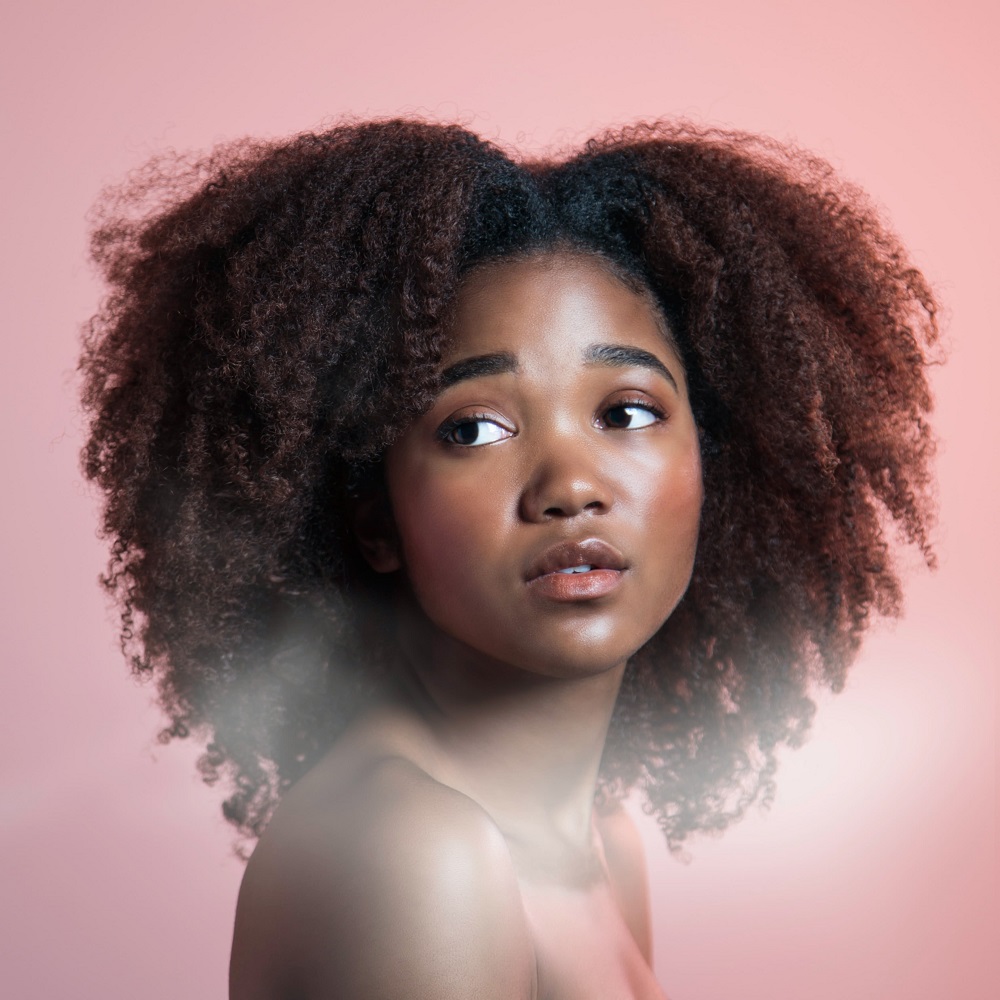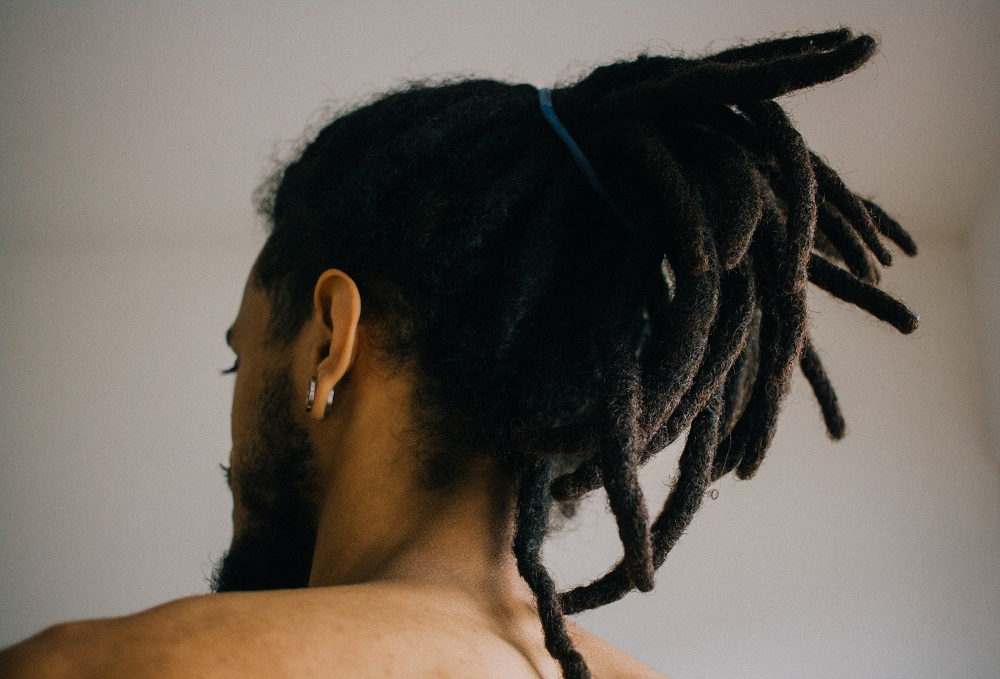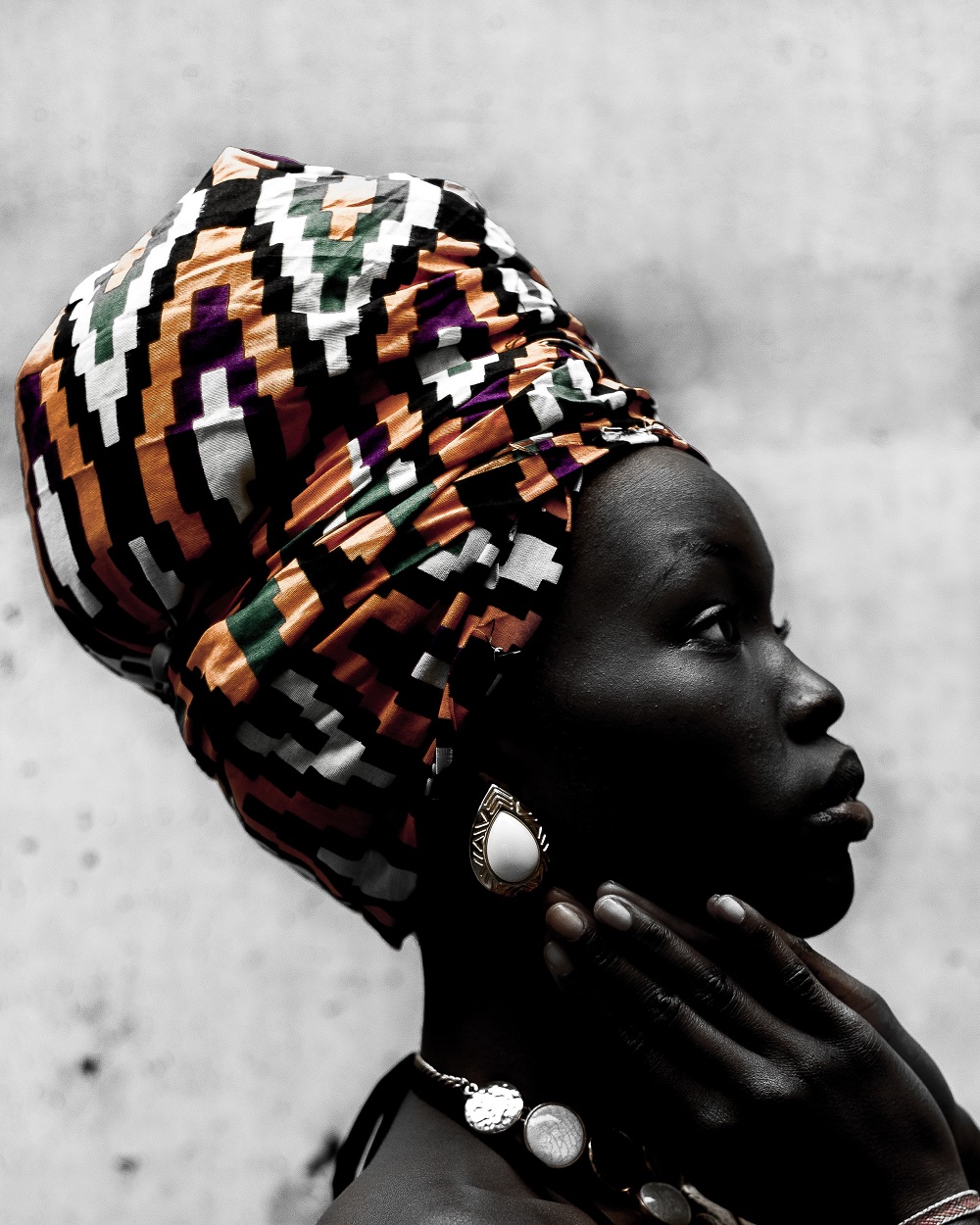By Priscilla Wiredu
Posted on January 28, 2022

Black women have gradually created safe spaces to have pride in their identity, culture, and femininity. Years of backlash resulted in Black women resisting the Western idea of beauty. Besides being expected to use professional English when speaking outside of their circles, and having lightened skin, one of the most damning forces Black women must face is having “good hair.” What is “good hair”? Depends who you ask. Society has always constructed good hair as straight, flat, European looking hair. If your hair does not fit this “norm”, products have been created to help you achieve this look. From relaxers to hair straighteners, Black women are socially pressured to conform to the idea of what beauty is, which is eurocentric. However, the hair that grows out of one’s scalp is not problematic, yet society has tried to police Black hair and Black beauty to the point where laws sometimes discriminate against Afro hair in the workplace.
The war on media
Senior Research Director of CultureBeat, Ashleigh Williams, has defined Black hairstyles as an expression of beauty and a signature of Black culture. Black hairstyles include, but are not limited to: hair wraps, braids, faux locs, bantu knots, and blow out Afros. These hairstyles have been staples to the personal identity of Black women dating all the way back to the early history of many African/Afro nations. These styles are an icon of embracing Black women’s natural beauty. Of course, with Black resistance and struggle, controversy is never too far away.
Shea Moisture, a Black-owned hair care company, had come under fire for a digital ad in which they included white people as the target audience for their advertisement and completely excluded dark skinned Black women. By doing this, Shea Moisture completely glossed over the social and historical hardships Black women have faced when accepting their natural hair. Shea Moisture’s mission statement was dedicated to providing Black women with a range of hair products to care for all Black hair types–from bouncy and loose to kinky and curly. Shea Moisture prides itself on challenging Western beauty standards and bringing awareness to Black beauty by offering these products.
The backlash against the advertisement has historical context and cultural implications. For one, racial discrimination and social oppression forces many Black women to hide their natural hair. Before the Emancipation Proclamation, Black women were forced to wear hair wraps to appear less attractive to their owners. When Black women were finally allowed into the industrial workforce, they were pressured into straightening and processing their hair to give off a more anglicized appearance. The significance of Black hair in the workforce is still a topic of contention today, where dreadlocks are, by law, grounds for termination from a job. Only in 2018 was this ban legally recognized as racial discrimination.

Roots: Hair, emotional, and cultural
Every Black woman has their own personal journey and the forms of acceptance they had to learn along the way. These struggles can originate from one’s own childhood in regards to their emotional connection with their hair. Williams tells stories of how she came to accept her natural hair, starting with stories of being bullied for having a “puffy” mane. Her mother resisted giving her straighteners or treatments to avoid damaging Williams’ natural curls. Williams, out of desperation, came home one day with relaxed hair and her mother reprimanded her for destroying her beautiful Black hair. Growing up, Williams realized that due to social pressure, she changed her hairstyle to make it more acceptable to the people she saw in daily life, and during her college years she had no choice but to continue processing her hair to prevent breakage.
Williams then decided to do the “big chop,” a practice amongst Black women who decide to cut off their processed hair and start anew. This is a long and stressful journey, which resulted in countless hours of research, money on natural hair products, and natural styles until she found the best one. The end result made her proud of finally accepting herself and becoming more confident in her Black identity. Despite compliments about her natural hair, Williams shared that she feels beautiful regardless of others’ opinions, positive or not.
Shea Moisture was founded to help women with stories like this ease into the journey of self-acceptance. By releasing an ad that is centered on white actors, Shea Moisture went against its mission and core values. Black culture is centred on inclusivity, yet Black people also need safe spaces where they can be heard and personally catered to. History cannot be denied or ignored, so when brands do things like this, it erases the value of a culture and the identity makeup of its members.
Our crown of glory
Black men and women have always used their hairstyles as a personal expression of who they are, where they came from, and in the advancement of Black culture over time. Women are known to view their hair as a staple of beauty. Hair can be a sign of envy amongst certain people, and can be weaponized as a symbol for a group or culture to be labelled as “other”. For example, long, flowing straight hair is ideal for Western beauty, so anyone who lacks that texture envies those who are glorified for having them. Western ideals force women to convert to a subjective form of beauty, one that is not easily obtainable due to cultural, ethnic, or genetic predispositions.
The natural hair movement has come a long way in its impact amongst Black women’s hair. According to a 2018 report by Mintel, perms and chemical straighteners had gone down by 26 per cent. Yet Black women have been spending more money on natural hair products to maintain their curls. Black women with natural hair have, on average, three to four products within their hair regimen.
Unsurprisingly, Black consumers dominate the ethnic hair and beauty market than ever recorded. A 2017 report by Nielsen claims Black consumers invested $54 million of the $63 million total industry spending. Nielsen also reported that in 2018, Black customers spent $473 million in hair care and made significant investments, totalling $592 million.
Battling social stigma: Black people supporting Black people
With so much money being spent, the Black hair industry can seem like a gold mine for brands and companies to try to get their piece of the profit. In recent years, mainstream brands like Unilever (“Emerge”) and Procter & Gamble (“My Black is Beautiful”) have launched their own respective product lines. Even celebrities are now joining in on the action: Tracy Ellis-Ross recently released her new hair care line for kinky and coily hair named Pattern that provides products for 3-4C hair types. Ellis-Ross wanted Black women to be able to take care of their own hair without worrying about finding a Black hair savvy professional. “Empire” star, Taraji P. Henson released a Target-exclusive product line known as TpH, containing products she created in her own home kitchen.
Hair love has also grown and reached beyond curl acceptance in the Black community. African hairstyles like dreads, twists, and braids have re-emerged and are now celebrated for their artistry and contributions to Black culture. Needless to say, this discussion will continue on as people grapple with the social prejudice that is linked to Black hairstyles in this continent. To counteract this stigma, advocates have been pushing for stronger and positive representation on Black hair acceptance. These efforts gave birth to the CROWN act, an acronym for “Creating a Respectful and Open World for Natural Hair” which is a piece of legislation that would prevent discrimination based on hair texture and protective hairstyles.

Some companies are jumping on board to advance the movement: Dove has started the CROWN Coalition, an internal effort to end hair discrimination by having consumers sign the petition to make the CROWN Act a federal law.
Animated short-film “Hair Love” won an Oscar in 2020. It was praised for the education it provided on hair styling for Black Girls; promoting positive affirmations when it comes to hair, and the effort to help normalize Black hair in mainstream culture.
These practices not only help Black women in the present, but also sets a hopeful future for Black youths to become more accepting of their natural hair and identity, breaking the generational cycle of whitewashing Black hair.
Priscilla Wiredu is a writer for this year’s Black Voice project. An alumni of York University, she graduated with Honors where she studied Social Sciences. She then went on to get an Ontario Graduate certificate in Creative Writing from the Humber School for Writers, and a college certificate in Legal Office Administration at Seneca College. She is currently studying for the LSAT in hopes of going to law school. Her main goal as a Black Voices writer is to ensure Black issues and Black Pride are enunciated through her works.

